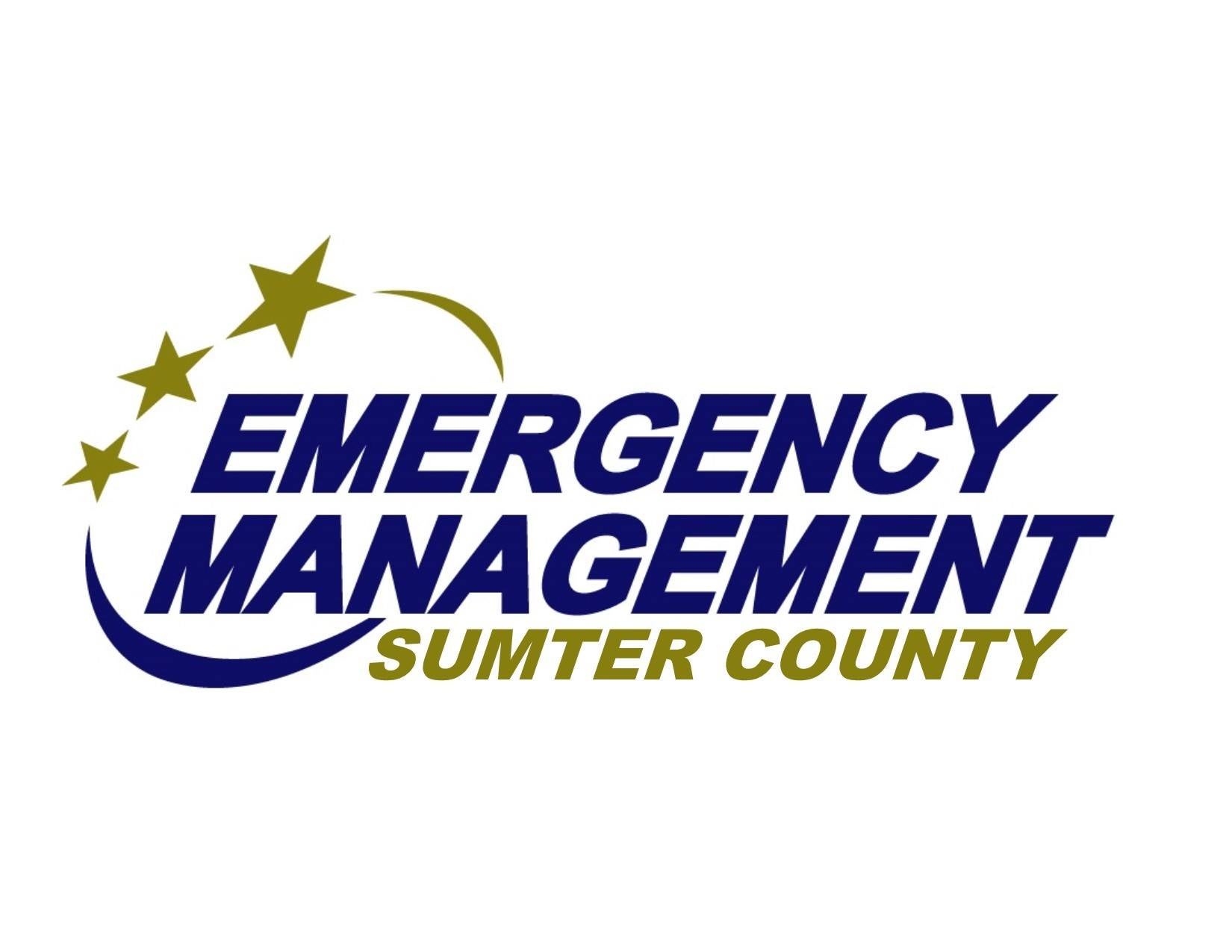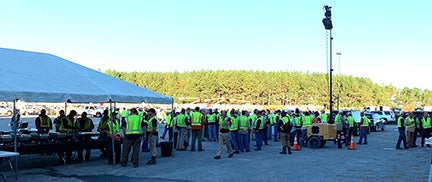Hurricane Michael, one week later: Red Cross of Georgia update
Published 4:36 pm Tuesday, October 16, 2018
ATLANTA —Nearly one week after Hurricane Michael slammed into Florida, Georgia, and Alabama, thousands are still living in dire conditions. The Red Cross of Georgia is working with emergency partners around the clock to get help where it’s needed most, with an immediate focus on providing food, water and shelter.
“It’s clear that this will be a long-term recovery for many residents in Southwest Georgia,” says Virginia Mewborn, director of American Red Cross Relief Operations for the state. “We’re here to help people with a wide range of needs get back on their feet.”
Preliminary reports indicate more than 800 homes in the state have been heavily damaged or destroyed and close to 1,500 have minor damage. Power is still out to 79,000 customers, which affects food storage, availability of well water, and services regularly available in communities. Families are stressed, and livelihoods are disrupted.
How the Red Cross is helping
- Monday night, more than 200 people stayed in three Red Cross shelters in Albany (Dougherty County), Thomasville (Thomas County) and Bainbridge (Decatur County), safe havens that provide food, supplies and health and emotional support. More shelters will be opened if needed. Georgia residents can find open shelters by calling 1-800-RedCross (1-800-733-2767), visiting redcross.org or by downloading the free Red Cross Emergency App available in app stores (search for the American Red Cross) or going to redcross.org/apps
- 18 Red Cross damage assessment teams are scouring Southwest Georgia again today, identifying pockets of need and connecting people with help.
- 12 Red Cross feeding trucks are delivering 6,000 hot lunches and dinners along fixed routes in a 13-county area. The meals are prepared in partnership with Southern Baptist Disaster Relief volunteers at their mobile kitchen at Morningside Baptist Church in Bainbridge with food provided by the Red Cross.
- More than 300 trained disaster workers from across the country — most volunteers, are in the field, working closely with emergency partners to address needs. The Red Cross is also working with community volunteers in hard-hit areas to help deliver services. Anyone interested in volunteering can visit www.redcross.org/georgia to register.
- The Red Cross continues to share disaster safety messaging with the public and encourages everyone to download the Red Cross Emergency App from the Apple App or Google Play stores. Residents with power outages are especially urged not to use flashlights, not candles which can cause home fires and result further tragedy.
- Disasters create more needs than any one organization can address. The Red Cross is working closely with dozens of government and community partners to share information, expertise, resources and manpower for the benefit of all.
How you can help
After two major hurricanes in less than a month, thousands of people are looking for help. The Red Cross depends on financial donations to fund our relief services. Help people affected by Hurricane Michael by visiting redcross.org, calling 1- 800-RED CROSS or texting the word MICHAEL to 90999 to make a $10 donation. Donations enable the Red Cross to prepare for, respond to and help people recover from disasters.
PLEASE GIVE BLOOD Michael has caused the cancellation of blood drives and a decrease in donor turnout in affected areas. To meet the needs in these impacted areas and throughout the country, the Red Cross asks individuals to give blood. There is a critical need for blood and platelet donations right now. Appointments can be made by using the Red Cross Blood Donor App, visiting redcrossblood.org or calling 1-800-RED CROSS (1-800-733-2767).
The Red Cross needs to collect more than 13,000 blood donations and 2,500 platelets every day to meet patient needs across the country. Blood can take up to three days to be tested, processed and make available for patients, so even a few days of disruption can impact patient care. The Red Cross encourages organizations to set up blood drives throughout the year so that blood on the shelves can help save lives in an emergency.




